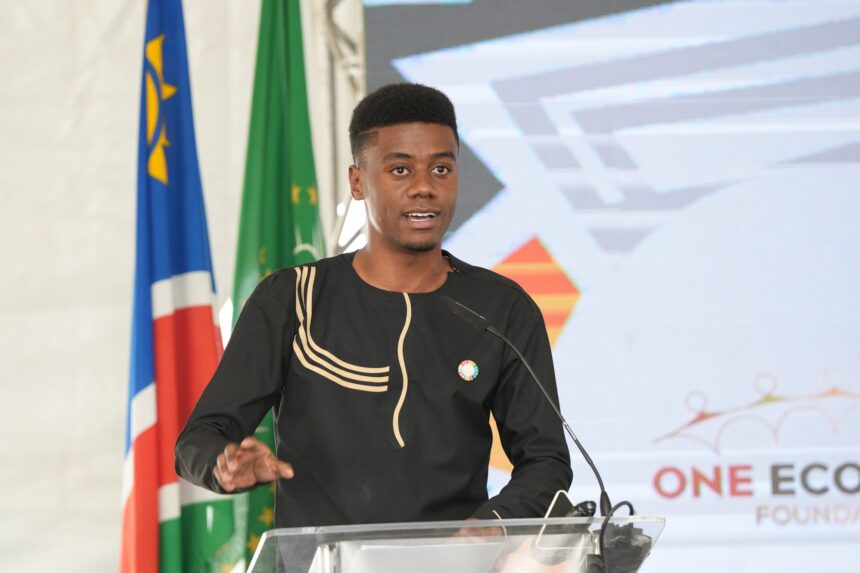Namibia’s active participation at this year’s United Nations General Assembly and Summit of the Future highlighted the country’s role on the global stage. From the High-Level Panel Discussion on “Empowering the Youth for a Sustainable Future”, to Namibia co-hosting the Summit of the Future alongside Germany, and President Nangolo Mbumba delivering his maiden and final speech at the United Nations 79th Generally Assembly, the country has shown its capacity to lead on the global stage.
However, the question that every Namibian should have in mind is, how can these high-level engagements translate into tangible outcomes that reshape the realities of Namibia’s most vulnerable and marginalised?
A global stage for local impact
The high-level panel discussion on “empowering the youth for a sustainable future” granted me the opportunity to share the perspective of young Namibians on a Sustainable Future. Seizing the moment, I shared the concerns of young Namibians, which is of course common knowledge and ranges from youth unemployment, food insecurity and teenage pregnancies.
However, instead of merely echoing these challenges, it also provided me with the opportunity to showcase youth-led solutions such as the #BeFree Youth Campus, which is a blueprint for sustainable development.
This opportunity to speak at the United Nations is a powerful reminder that the voices of young Namibians matter on global stages. What this means for the average Namibian is greater visibility of our issues on the global stage and the potential for increased support and resources to address these challenges.
The attendance of the Executive Director of the UNFPA, Dr Natalia Kanem, at this discussion cannot be understated. It emphasises that the concerns of young Namibians have been heard at the highest of levels, and it leverages more opportunities for innovative resources to be directed towards sexual and reproductive health rights (SRHR) in Namibia.
The high-level panel discussion concluded with former first lady Monica Geingos reminding everyone that investment in the SRHR space is a great social enabler, especially for developing countries like Namibia.
Conclusively, the #BeFree Youth Campus should serve as a blueprint for all areas where government, civil society and the private sector engages young people. This blueprint calls for listening to young people before taking action, collaborating with them as equal partners, and recognising their leadership as essential to shaping a sustainable future.
*Rivaldo Kanongo Kavanga is a law student at the University of Namibia, a #BeFree Ambassador and the co-founder of Active Youth Organisation.



